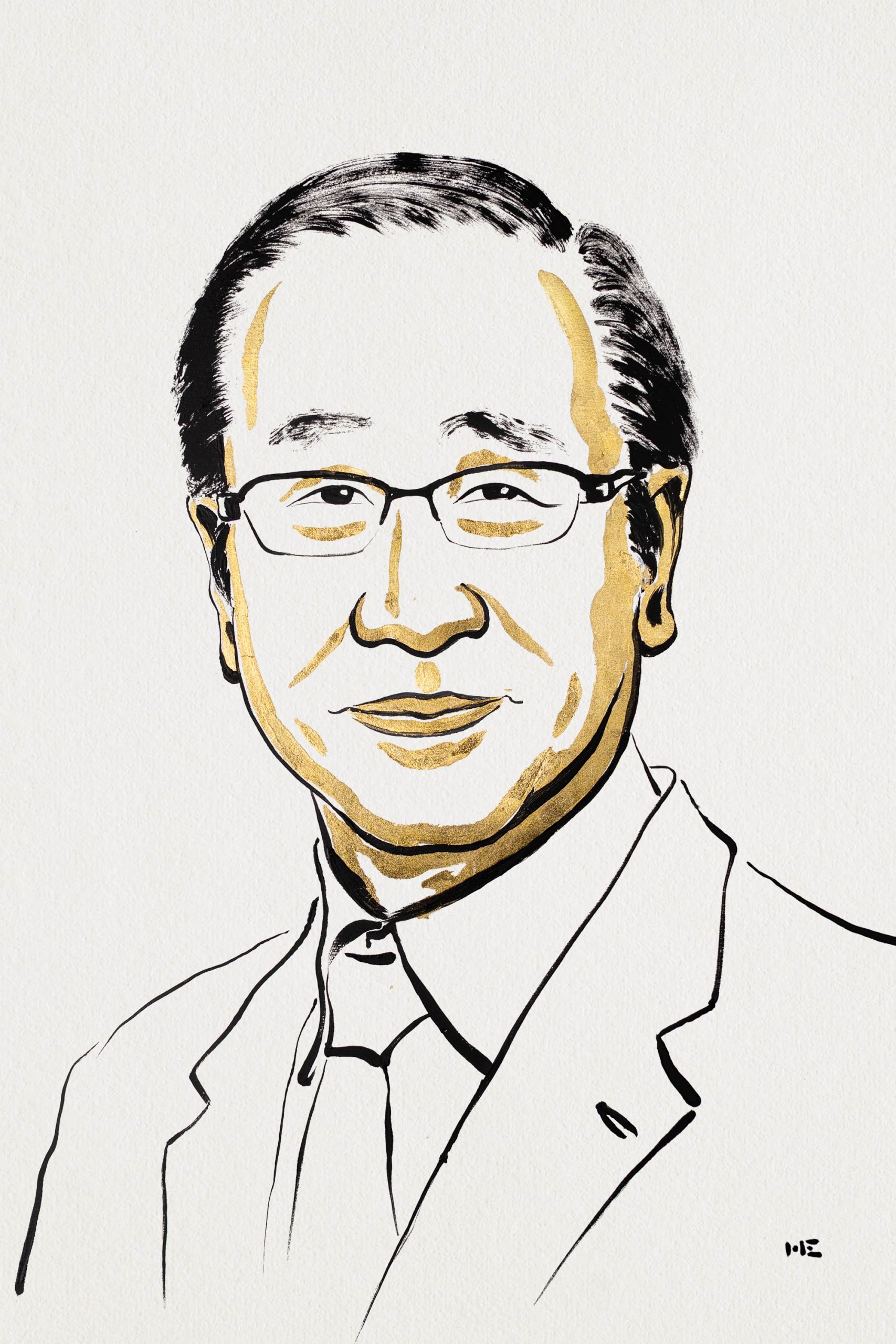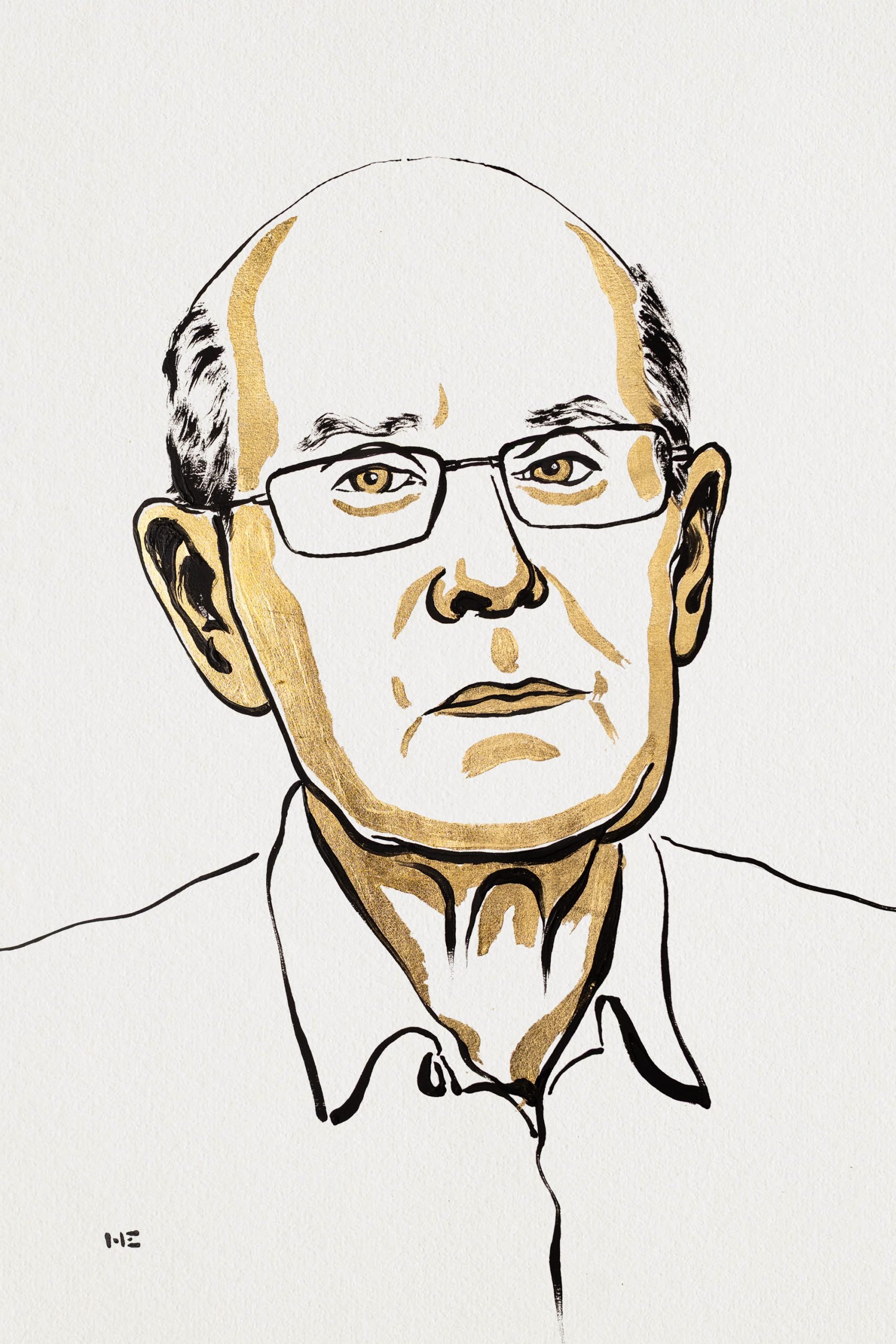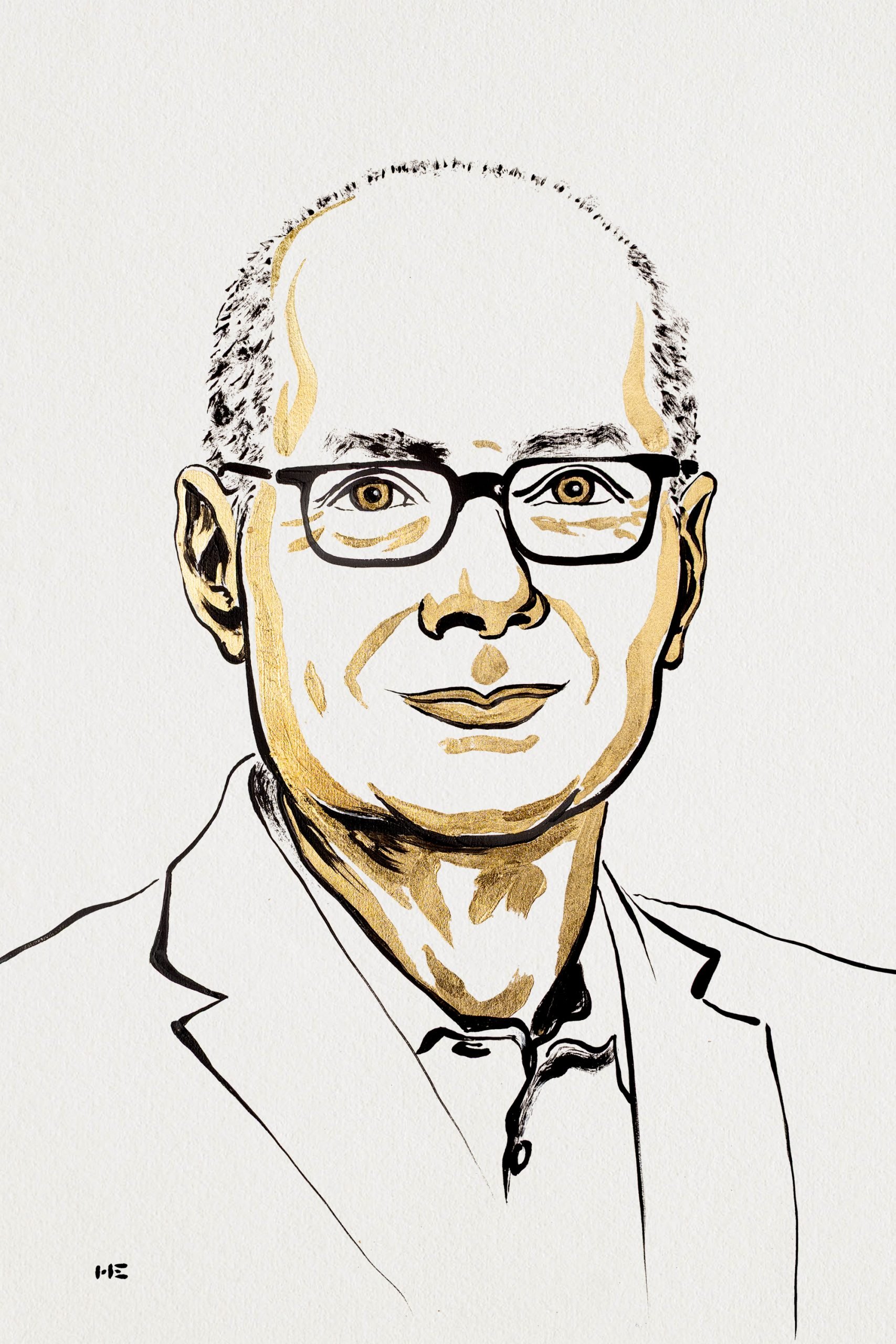

 Susumu Kitagawa, Richard Robson and Omar M. Yaghi are awarded the Nobel Prize in Chemistry 2025 for the development of a new type of molecular architecture. The constructions they created – metal–organic frameworks – contain large cavities in which molecules can flow in and out. Researchers have used them to harvest water from desert air, extract pollutants from water, capture carbon dioxide and store hydrogen.
Susumu Kitagawa, Richard Robson and Omar M. Yaghi are awarded the Nobel Prize in Chemistry 2025 for the development of a new type of molecular architecture. The constructions they created – metal–organic frameworks – contain large cavities in which molecules can flow in and out. Researchers have used them to harvest water from desert air, extract pollutants from water, capture carbon dioxide and store hydrogen.
An attractive and very spacious studio apartment, specifically designed for your life as a water molecule – this is how an estate agent might describe one of all the metal–organic frameworks that laboratories around the world have developed in recent decades.
Other constructions of this type are tailormade for capturing carbon dioxide, separating PFAS from water, delivering pharmaceuticals in the body or managing extremely toxic gases. Some can trap the ethylene gas from fruit – so they ripen more slowly – or encapsulate enzymes that break down traces of antibiotics in the environment.


 Three more Chinese astronauts, or taikonauts, are now marooned in space following the successful return of...
Three more Chinese astronauts, or taikonauts, are now marooned in space following the successful return of...






























